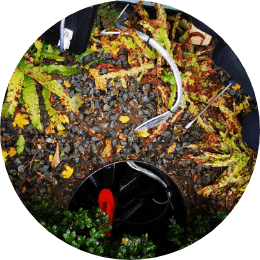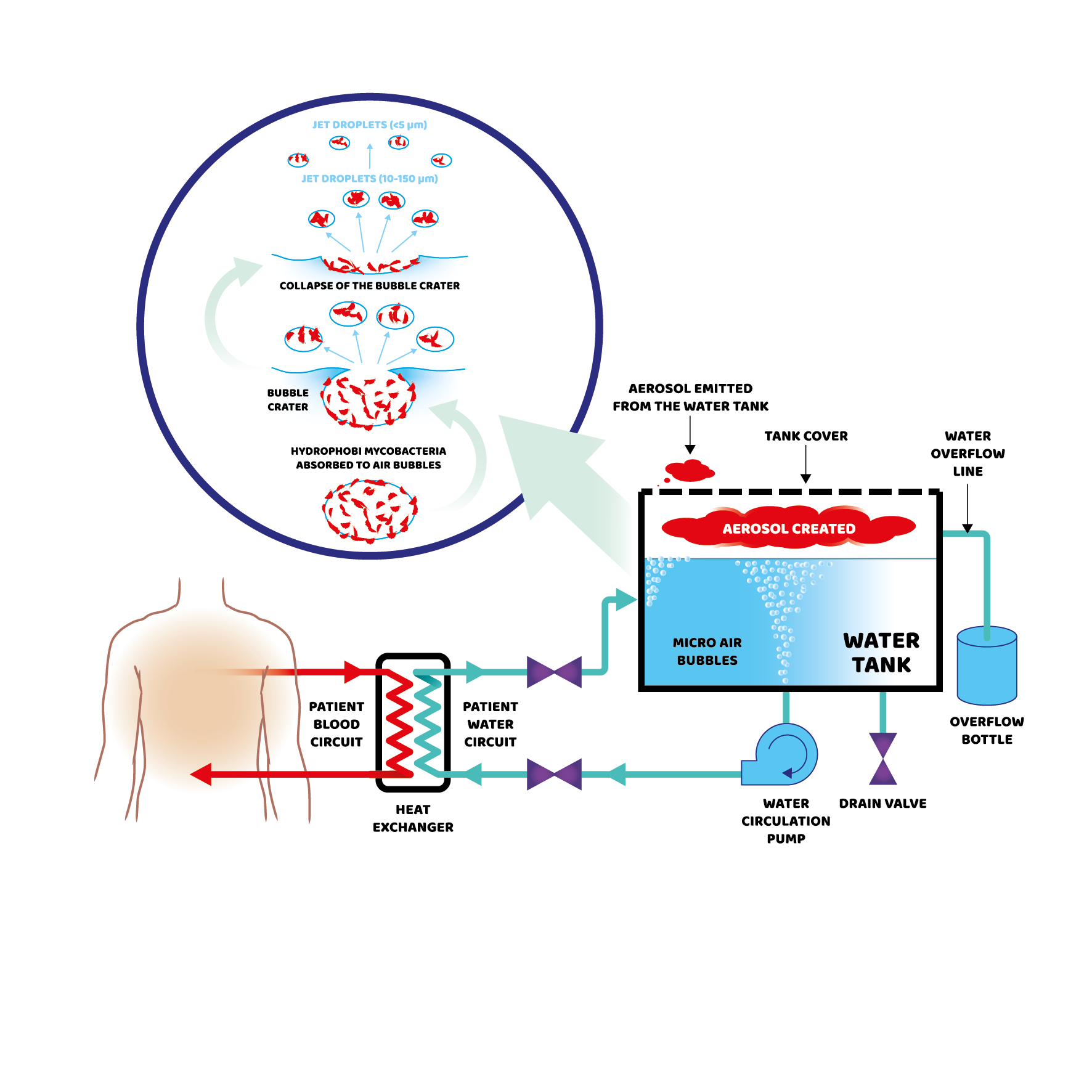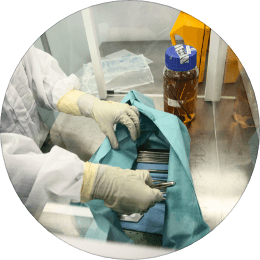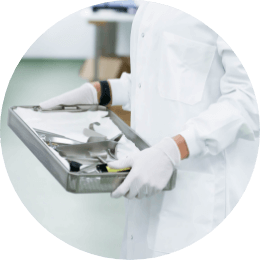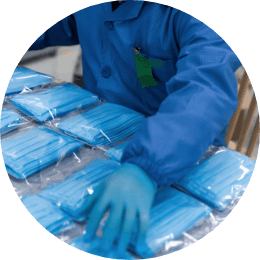In the spring of 2021, 20/30 Labs were commissioned by ACE (Accelerated Capability Environment), a UK Government Home Office department, and UKHSA’s EMHP (Environmental Monitoring for Health Protection) team to develop Wastewater-Based Epidemiology as a Service for near source settings, with the intention of providing early warnings of the presence of infection, particularly within vulnerable communities. We collaborated with Avery Healthcare Group to trial this new approach in a number of their residential care and assisted living facilities.
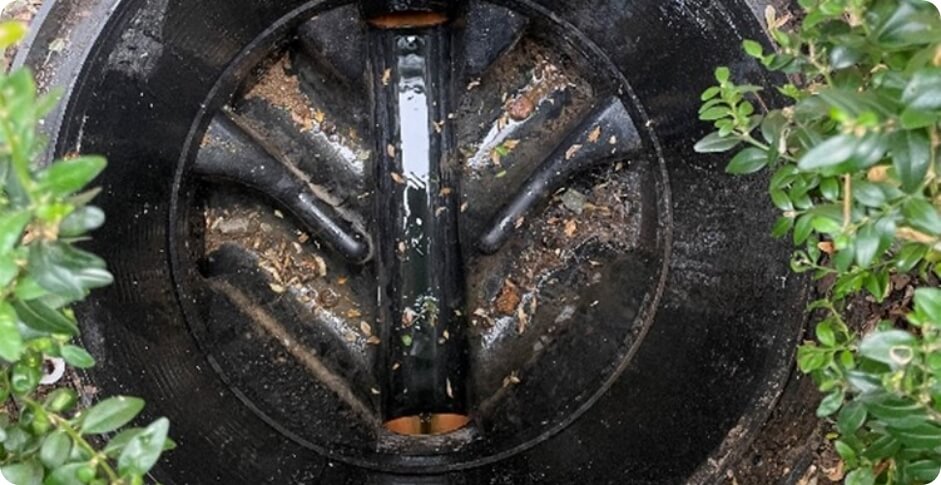
Wastewater-Based epidemiology (WBE) is a relatively new approach utilised to provide comprehensive health information on communities. WBE has been used to monitor the circulation of poliovirus for decades, and recently as an early indicator of both polio and SARS-CoV-2 in communities. These viruses, and others, can be shed in the stool of individuals up to 3 to 5 days before symptom onset, and in asymptomatic individuals. Wastewater analysis, therefore, provides the potential to identify the presence of infection earlier than using clinical diagnostic tools which often rely on symptom presentation to trigger testing by which point the infection may have been passed to others.
The trial ran over a period of 3 months, and involved molecular method development, service model design, site survey and risk assessments, and ongoing results reporting and trend monitoring. At trial commencement, we engaged DynoRod to support drainage surveys and Bio Data Networks for the provision and installation of both Active and Passive Samplers. We identified the most appropriate locations for sampling working closely with the Avery Healthcare Facilities teams; enabling monitoring of total facility populations in addition to ‘staff only’ areas. We met with staff and residents to explain the objectives of the trial and were delighted with the support we received.
Meanwhile, in our laboratories, we developed a molecular detection method, which was UKAS accredited in March 2023. This makes 20/30 Labs the only UK laboratory to receive UKAS accreditation for a wastewater analysis method. Our method ensures gold standard extraction and purification, which is critical to successful sample analysis from wastewater due to the high number of inhibitors in the sample. We developed analysis tools for multiple markers: SARS-CoV-2, Norovirus G1 & G2, Influenza A & B, RSV, Orthophosphate, Ammonium, and pH.
Approach
-
Stage 1 : Service Model Design
Designing a specific framework that linked quantified SARS-CoV-2 levels in wastewater with estimates of infections in the population in the tested areas and to support disease monitoring and decision-making, not only for Covid-19 but also Norovirus, Influenza, and RSV.
-
Stage 2 : Sample Collection
Wastewater samples were collected 5-7 times a week, depending on the investigated site with an optimal sample collection method.
-
Stage 3 : Sample Processing & Analysis
High-throughput wastewater processing and analysis methods were developed, optimised, and validated during the 12-week trial.
-
Stage 4 : Reporting and Trend Monitoring
Results were reported to UKHSA and Avery Healthcare Group. Avery Healthcare utilised this data to inform healthcare decisions, successfully preventing infection spread on several occasions.
To illustrate potential applications, data obtained from individual trials were compared with traditional clinical surveillance of COVID-19.
RESULTS
During the trial, strong SARS-CoV-2 signals were identified in the wastewater on 4 occasions, altering the residential care settings to previously unknown cases of infection. As a result of the wastewater signals, the homes commissioned clinical PCR testing, which enabled the identification of infected individuals. These individuals all tested positive prior to symptom onset while testing negative on Lateral Flow devices. As a result of the detections, the Care Group followed infection prevention measures including increased PPE and isolation of infected individuals, and as a result, believe they were able to reduce the spread of infection.
Lisa Soper, Chief Operating Officer of Avery Healthcare commented they ”wouldn’t have captured [the cases] so early without the trial”. We also were able to detect the presence of Norovirus G2 and again the home followed infection prevention procedures and believe were able to contain the infection. This is particularly significant as Norovirus is known to be incredibly dangerous for vulnerable individuals.
CONCLUSIONS
The trial demonstrated the vast potential of Wastewater Based Epidemiology as a Service, to monitor infection levels in a community and, in a near source setting produce valuable data for the purpose of healthcare decision making (with the goal of controlling infection levels). Following the trial, 20/30 Labs have continued to develop our wastewater analysis tools to enable fast, in field and automated applications of our UKAS accredited method; and look forward to upcoming projects this year where WBE as a Service will be deployed in a variety of new applications.

